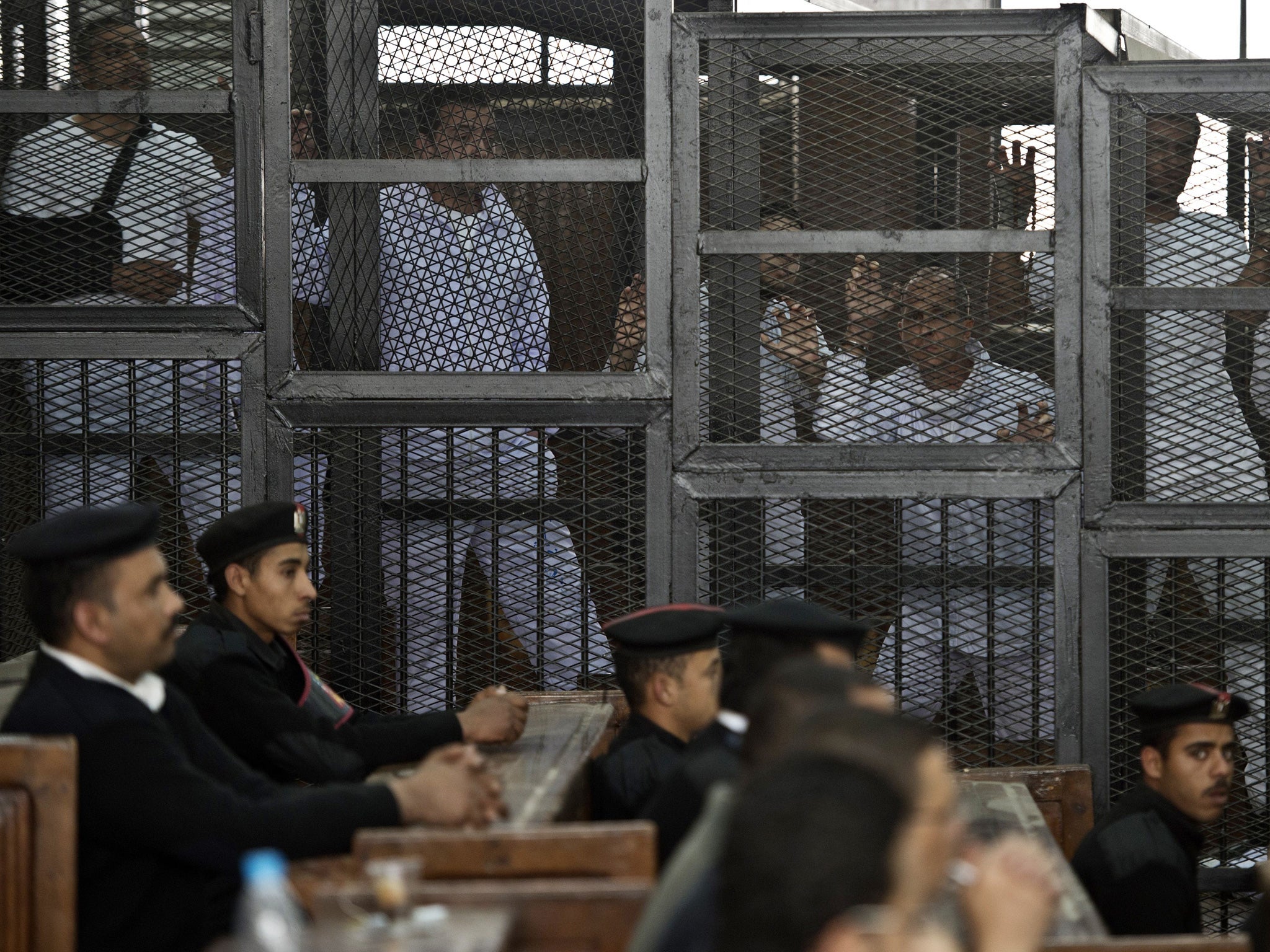4 charts that show why the world is still not a safe place to be a journalist
Journalism is becoming an increasingly dangerous job, as the number of journalists imprisoned for doing their job rises worldwide

The world is becoming increasingly dangerous for journalists, as the number of media workers imprisoned or killed for doing their job has grown worldwide.
Journalists are being killed at a growing rate around the world, and increasing numbers are being imprisoned for doing their jobs as countries like Iran and China crack down on press freedom.
Figures from the Committee to Protect Journalists, an independent nonprofit organisation that works to promote press freedom worldwide, show a worrying upward trend in the numbers of journalists killed and imprisoned across the world in recent years.
2012 was the deadliest year for journalists since the Committee began recording in 1992, with 31 of them being killed in Syria as the nation's bloody civil war took hold. The same amount of journalists were killed in 2007.
Yesterday marked the killing of another journalist, this time in Ukraine, which is becoming an increasingly dangerous place for members of the press.
Oles Buzina, a pro-Russian journalist, was shot dead outside his home by two masked gunmen in the Ukrainian capital, Kiev, becoming the 20th journalist to be killed this year.
While China does not break into the top 20 countries where journalists have been killed, its track record of quashing dissent means it imprisons more journalists than any other nation.
Most recently, veteran journalist and thorn in the side of the Chinese government, Gao Yu, was imprisoned for seven years for leaking a confidential Communist Party document that warned officials of the dangers of human rights and press freedom.
The number of journalists in jail worldwide has nearly tripled since 2000, as governments around the world initiate various crackdowns against journalists, lawyers and academics.
China rapidly overtook Turkey as the nation with the most imprisoned journalists in 2014. Gao Wenqian, a policy rights advisor at Human Rights in China, put the rise down to an increasing outspokenness of journalists in response to President Xi Jinping's failure to deal with government corruption, as well as the economic slowdown in the country.
For the last few years, Turkey has led the way in imprisoning journalists, as part of similar crackdown on the media as China is currently experiencing.
Many of these journalists were working on contentious issues at the time of their arrest, including stories on Kurdish and Armenian rights.
Namik Tan, Turkish ambassador to the United States claimed that many of these journalists had been charged with serious crimes, such as "being a member of, or supporting an illegal or armed terrorist organisation".
However, many journalists point to the ambiguous Turkish penal code being used to imprison opponents of the government, even when no crime has been committed.
Article 301 of the code makes "insulting Turkishness" a crime - but the loose definition of this law means it is often used as a tool to silence dissenting voices.
Today, 221 journalists are in prison worldwide. However, the Committee to Protect Journalists does not count the figures of journalists held by Isis in Syria, so the real figure is much higher.
Subscribe to Independent Premium to bookmark this article
Want to bookmark your favourite articles and stories to read or reference later? Start your Independent Premium subscription today.

Join our commenting forum
Join thought-provoking conversations, follow other Independent readers and see their replies